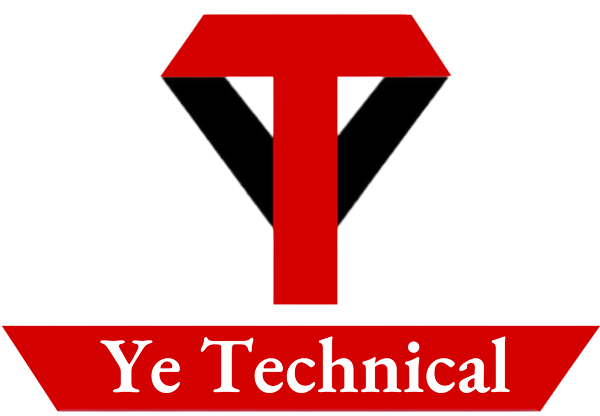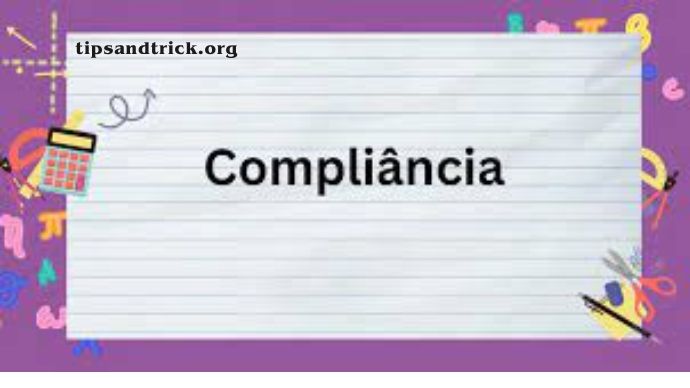Compliancia, often a crucial aspect of various industries and businesses, refers to the rigorous adherence to a complex web of regulations, rules, and standards. It encompasses a wide range of compliance requirements that individuals, organizations, and institutions must navigate to ensure they are operating within the legal framework. From data privacy and security regulations to industry-specific guidelines, Compliancia is a multifaceted and dynamic concept that has gained immense importance in recent years.
In this intricate landscape of regulatory compliance, staying informed and prepared is imperative. Compliancia is not only a legal obligation but also a strategic advantage, as it can help organizations build trust with their stakeholders, mitigate risks, and avoid costly legal issues. By understanding and embracing Compliancia, businesses can demonstrate their commitment to ethical practices and set themselves on the path to long-term success in a world where regulatory requirements are constantly evolving.
What is Compliancia?
Compliancia is a term that has gained significant importance in recent years, especially within the realms of business, finance, and legal sectors. It refers to the set of regulations, rules, and standards that individuals, businesses, and institutions must adhere to in order to operate within the boundaries of the law. Compliancia can encompass a wide range of areas, from data protection and privacy regulations to financial compliance and industry-specific guidelines.
The Significance of Compliancia
Compliance with regulations is not merely a legal requirement; it is also a strategic advantage for businesses. Understanding and adhering to Compliancia can help organizations build trust with their stakeholders, mitigate risks, and avoid costly legal issues. By staying compliant, businesses can also enhance their reputation and demonstrate their commitment to ethical practices.
Key Aspects of Compliancia
1. Legal Frameworks
Compliancia is often grounded in various legal frameworks and regulatory bodies. Understanding these frameworks is essential for any organization looking to ensure compliance. Some key legal frameworks include:
- GDPR (General Data Protection Regulation): A set of rules designed to protect the personal data of individuals within the European Union.
- HIPAA (Health Insurance Portability and Accountability Act): A U.S. law that regulates the handling of health information.
- SOX (Sarbanes-Oxley Act): Enacted to protect shareholders and the general public from accounting errors and fraudulent practices.
2. Industry-Specific Compliance
Different industries have their own unique compliance requirements. For instance:
- Financial Services: Must adhere to strict financial regulations, including anti-money laundering (AML) and know your customer (KYC) rules.
- Healthcare: Governed by regulations like the Health Insurance Portability and Accountability Act (HIPAA) and the Health Information Technology for Economic and Clinical Health (HITECH) Act.
3. Data Privacy
With the growing concern about data privacy, Compliancia has gained substantial attention. Businesses need to understand and implement measures to safeguard customer data, including consent management, data encryption, and secure storage practices.
4. Ongoing Compliance
Compliance is not a one-time effort. It requires continuous monitoring and adjustment to keep pace with evolving regulations and industry changes. Regular audits and assessments are essential for staying on the right side of the law.
The Benefits of Compliancia
Compliance is not just about avoiding legal troubles. There are numerous benefits to being compliant, such as:
- Enhanced Reputation: Being known for ethical practices can build trust and attract more customers.
- Reduced Risk: Compliance measures can help prevent legal issues, penalties, and reputational damage.
- Improved Security: Many compliance requirements involve strengthening data security, which benefits both the organization and its clients.
- Competitive Advantage: Compliance can set you apart from competitors who may not be as diligent in meeting regulatory standards.
Conclusion
In a world where regulatory requirements are constantly evolving, understanding Compliancia is essential. It is not only a legal obligation but also a strategic move that can enhance your organization’s reputation, mitigate risks, and ensure long-term success.
FAQs
Q1: What are the consequences of non-compliance with Compliancia regulations?
A1: Non-compliance with Compliancia regulations can have serious repercussions. Depending on the nature of the violation, consequences may include hefty fines, legal action, reputational damage, and even business closure. It’s crucial to understand and adhere to the relevant regulations to avoid these potential pitfalls.
Q2: How often should businesses conduct compliance assessments?
A2: The frequency of compliance assessments can vary depending on the industry, the specific regulations, and the organization’s size. However, a best practice is to conduct regular assessments at least annually, with more frequent assessments for industries with rapidly changing regulations. Ongoing monitoring and adjustments are essential to maintain compliance.
Q3: What is the role of data privacy in Compliancia?
A3: Data privacy is a significant component of Compliancia, particularly in the digital age. It involves safeguarding personal and sensitive information through measures such as data encryption, secure storage, and compliance with data protection laws like GDPR and HIPAA. Ensuring data privacy not only keeps you compliant but also protects the trust and confidence of your customers.





